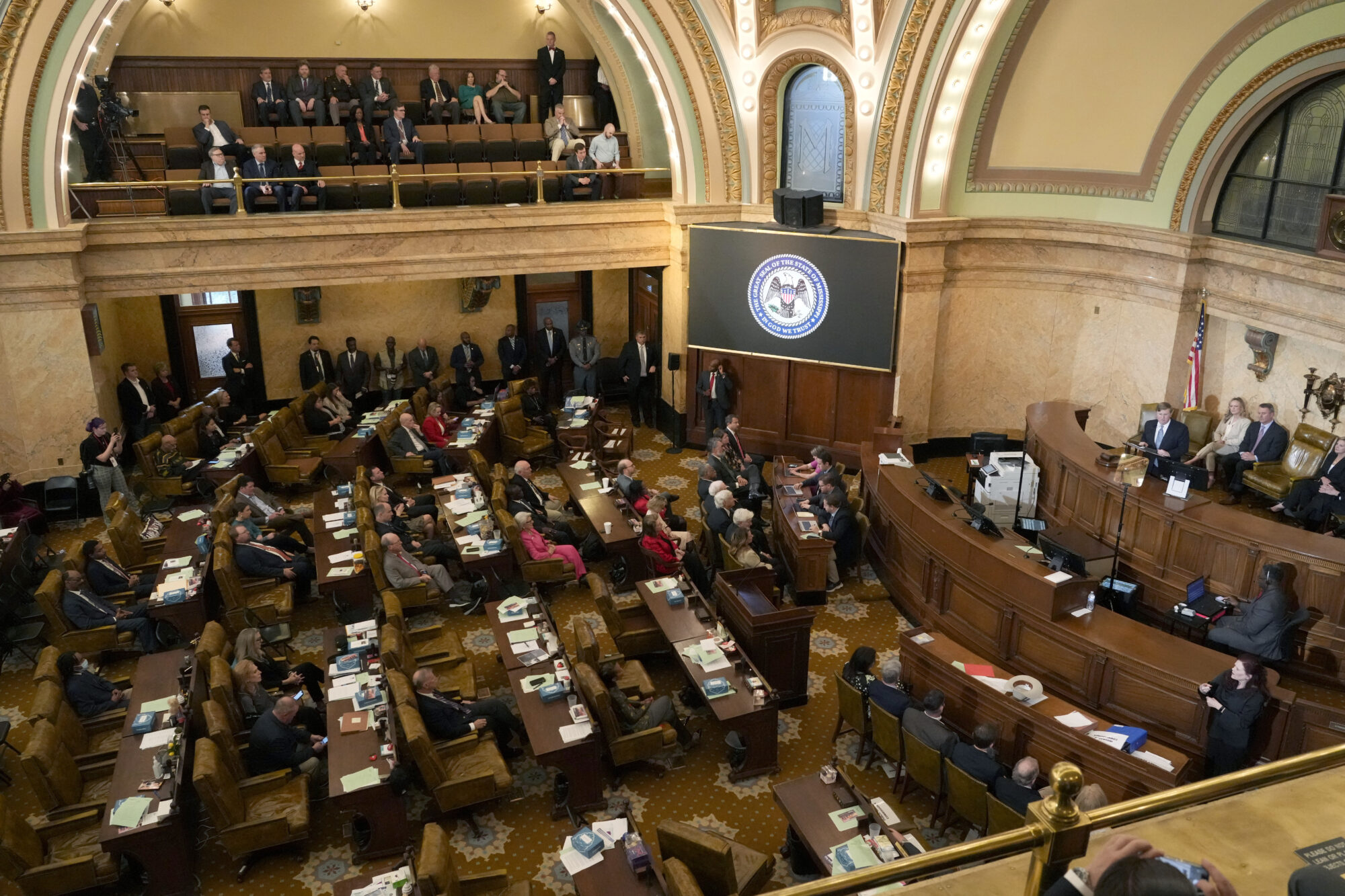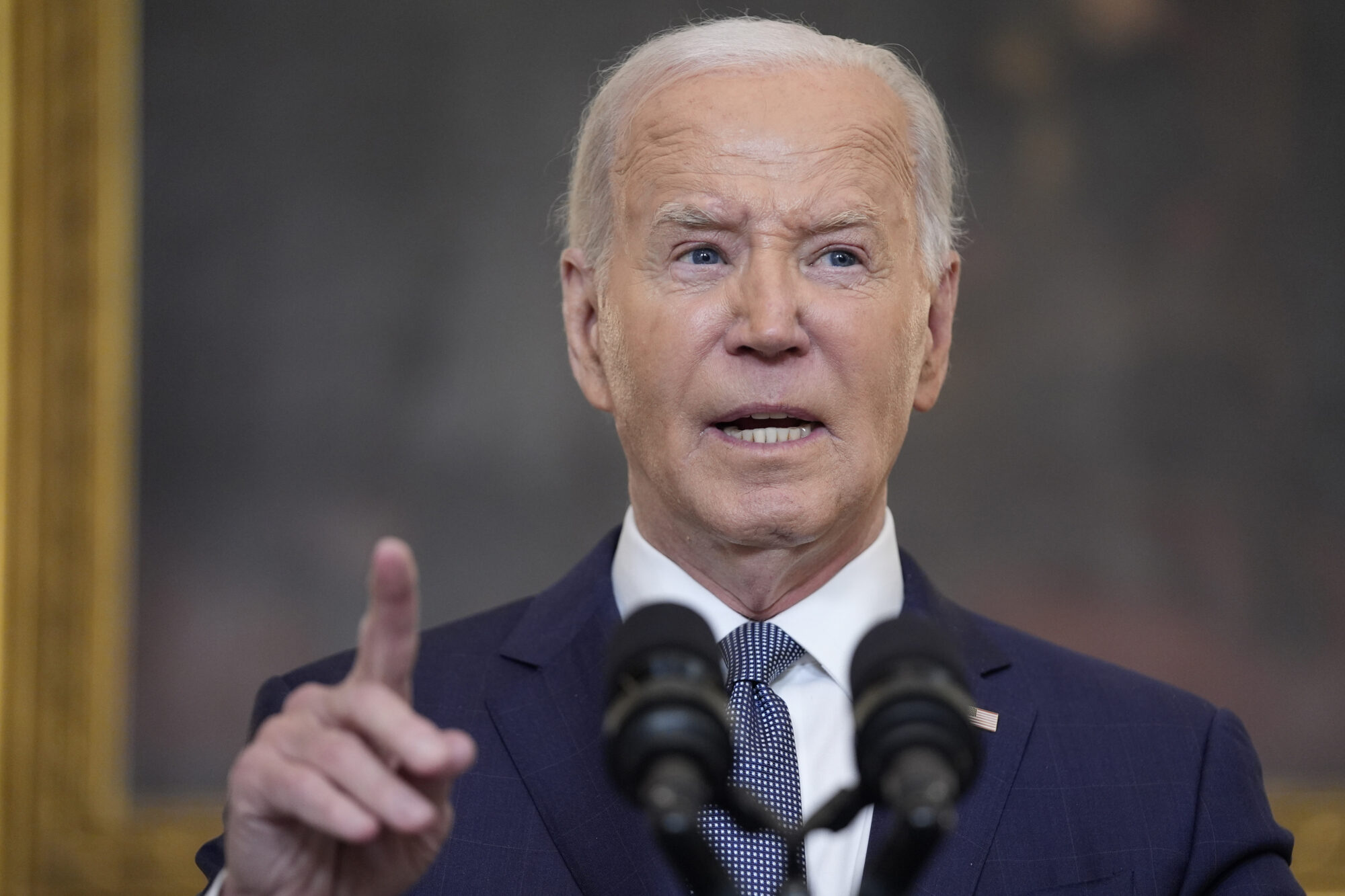On January 6th, the 2015 Legislative Session will begin. Next year is a major election year where every member of the legislature and all statewide office holders (including the Governor and Lt. Governor) will be on the ballot. Typically in election years, legislative leaders try to avoid controversial issues, but this year may be different. It appears there could be a number of politically charged issues debated this session, and that’s a good thing. The citizens of Mississippi have one more session to evaluate their legislators before they go to the polls to reelect or retire them. As you consider your legislators’ voting record, here are three issues to watch that are likely to come up this session:
TAX REFORM
As state and national economies continue to improve, state tax collection revenue continues to increase. Since Haley Barbour was governor, leaders have been working to fill the state’s Working Cash Stabilization Fund, otherwise known as the rainy-day fund. After the last budget year, the fund is now filled to its statutory limit of 7.5 percent of general fund appropriations. Now policymakers have the opportunity to decide what to do with additional tax revenue. Will they grow the programs, services, and infrastructure of the state government or will they implement tax cuts, allowing taxpayers to keep more of their own money?
Governor Phil Bryant has proposed almost $80 million in income tax relief for families making under $53,000. Lt. Governor Tate Reeves has said that additional tax revenue should be returned to the taxpayers, but has not described the specifics of his tax proposal yet. Speaker Philip Gunn has said that a tax cut ought to be looked at, but noted recently, “We are a long way from making that decision.” Democrats in the legislature submitted their own budget, which included education funding increases and pay raises for state employees. Their budget did not include a tax cut proposal and would add $185 million in new spending.
There is growing momentum to eliminate Mississippi’s corporate franchise tax, which amounts to a tax on capital. Companies in Mississippi pay $2.50 per $1,000 of capital or property, whichever is greater. This tax creates a disincentive for companies to invest in Mississippi. Lt. Governor Reeves and others, have argued that eliminating this tax is long overdue and will be a boon for our economy. Mississippi is one of only 18 states with a franchise tax and our rate is the sixth highest in the nation. Empower Mississippi’s goal is to “make Mississippi the most free and prosperous state in the nation,” and eliminating our franchise tax is a good place to start.
EDUCATION REFORM
Ballot Initiative 42 is the latest in a round of populist campaigns to shape public policy through the voters, rather than the Mississippi Legislature. Supporters of this initiative claim that it would amend the state constitution to require full funding of MAEP, Mississippi’s education funding formula. However, there are many unanswered legal questions about the true impact of this initiative. For full analysis, see Mississippi Center for Public Policy’s good work here. The Secretary of State recently confirmed that Initiative 42 has received the requisite number of signatures and will appear on the 2015 general election ballot. Now, per the rules set forth in the state constitution, the Mississippi legislature has the opportunity to craft their own alternative to Initiative 42, which would be placed on the ballot alongside this initiative. Legislative leaders have suggested they will likely draft an alternative, so look for that debate this coming session.
Additionally, we anticipate a renewed debate about how much to increase education spending in 2015. Since Republicans took control of the House in 2011, they have increased spending on education every single year, but they have not fully funded the MAEP funding formula, which was created in 1997. The Joint Legislative Budget Committee is recommending a $32 million increase in education funding over last year, but this is short of the MAEP recommendation and will be hammered out during the session.
The Equal Opportunity for Students with Special Needs Act passed both chambers last session in different forms, went to conference committee, and ended up failing on the last day of the session on the house floor by a vote of 57-63. This bill is Empower Mississippi’s top legislative priority and we have had the privilege of working alongside Representative Carolyn Crawford and Senator Nancy Collins since the end of last session to help grow support for this bill. We hosted parent discussion forums across the state and worked to answer questions raised by state lawmakers. Both of these legislators have announced their plans to strengthen the bill and reintroduce it in 2015. We feel confident about its chances to pass.
The Common Core educational standards, which our state adopted in 2010, may finally get the boot this session, since Governor Bryant and Lt. Governor Reeves have both expressed their desire to see it replaced. What started out in Mississippi as a well-intentioned effort to raise our educational standards (which we support) and adopt a system that would allow for state-to-state comparisons (which we also support), became an opportunity for the federal government to reach into Mississippi and dictate policy. Empower Mississippi supports the effort to repeal Common Core.
STATE CONTRACTS REFORM
In November, when Department of Corrections Commissioner Chris Epps was indicted for conspiracy, bribery, and money laundering, it shown a spotlight on Mississippi’s flawed contract review process, particularly that we allow large no-bid contracts to escape scrutiny. In response, Governor Bryant created a task force co-chaired by attorney Andy Taggart and Judge Robert Gibbs to oversee the review of Corrections vendor contracts and the re-bidding process. State Representative Jerry Turner, to his credit, has been advocating for greater transparency and accountability, but until recently, his efforts had not gained a lot of traction. Last weekend, The Clarion Ledger dedicated a significant part of its Sunday edition to an exposé of Mississippi’s weak contract review process and offered some suggestions about how to reform the process. We hope the legislature will move swiftly to implement strong transparency and accountability.
12/29/14







